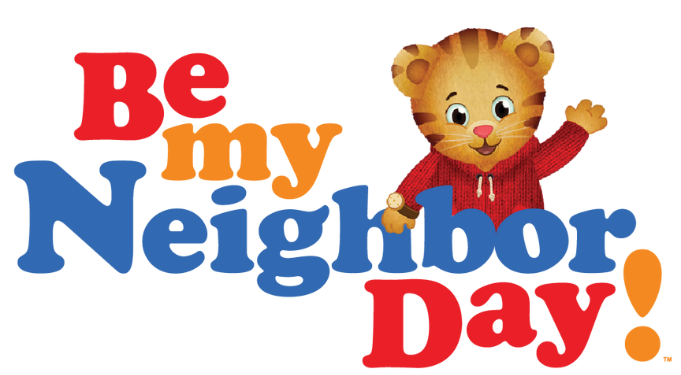James Bailey was appointed recently as the new Commerce Secretary for the state of West Virginia. He comes into the cabinet level position with extensive legal and leadership experience in the executive and legislative branches of state government.
Government Reporter Randy Yohe spoke with Bailey on the challenges of managing a diverse department that includes everything from forestry to rehabilitation services.
This interview has been lightly edited for clarity.
Yohe: What would you say is the most important tidbit of optimum job fulfillment, if you will, that you learned as you take on this cabinet position?
Bailey: Having the opportunity to take on projects and to have an impact on our state. The Department of Commerce is probably the most diverse department within state government. There’s agencies from our state Geological Survey, which is made up of geologists, to the Division of Natural Resources, to WorkForce West Virginia and the Division of Labor.
A spread of diversity over the subject areas is a huge plus to me. I love learning about completely different things all the time. The one thing they all have in common is they all play integral roles in our state’s economy and our workforce and the opportunities that our citizens have to provide a living for themselves.
Yohe: How do you manage 2,000 employees working in such different entities?
Bailey: It’s a very appealing challenge to me because of the opportunities that it presents, to be involved in so many different types of things. It gives me a lot of fulfillment just to go to work and know that what I’m doing makes a difference and it’s diverse enough to where I know I’m never going to be bored.
Yohe: Economic development is coming to West Virginia at a fast and furious pace. This development will need hundreds of workers. You lead WorkForce West Virginia. The state’s workforce participation rates are among the nation’s lowest, what plans do you have to grow that rate?
Bailey: That is one of our most pressing challenges as a state, to increase our workforce participation. That rate can be increased by adding people to the state. There are a number of things we hope will do that. We recently had, for the first time in recent history, a positive inward migration, which is a huge plus. That’s one of the more immediate ways to do it. We are undertaking efforts to increase our workforce participation rate by educating individuals who aren’t currently in the workforce as to the opportunities that are out there.
Yohe: Your office is over the Department of Natural Resources. Would you expand on what you recently told the Parks, Recreation and Natural Resources interim legislative committee about implementing House Bill 4408? This bill gives third party contracts to build and operate state forest and state park recreation and lodging facilities?
Bailey: What we’re trying to do is open up the opportunities that were there for the few, to all the state parks. What those agreements allow us to do is to go out and reach concessionaire agreements with private industry folks. Agreements from as big as multi-state developers that might develop a campground, to as small as an individual who wants to give horseback riding lessons.
It really opens up a broad array of possibilities that can only go towards increasing the recreational opportunities for the people that visit our parks. It’s something we’re excited about to expand and to increase, because there’s typically private investment in that as well. That way, the concessionaire has skin in the game and all the motive to run and operate whatever it is they’re doing. The things that we look to do are only things that will enhance and provide more opportunities for folks. As soon as we do anything that ruins what the appeal is, you ruin any incentive for anyone to come in and invest.
Yohe: Your predecessor, Ed Gaunch, told me that one challenge for commerce going forward is removing obstacles like 200 boards and commissions from things like occupational licensing to help entrepreneurs have more success and starting up a West Virginia business.
Bailey: There is no argument that they create barriers to entry for people to get into whatever that workforce area may be. You have to balance that with the public good that those boards provide making sure people are qualified. However, too often, those boards operate more like professional associations than they do regulatory boards, which results in protectionism. Those are the downsides, boards that have created unnecessary burdens to people getting into the industry.
There’s examples of licensing fees that folks have to pay in the hundreds and hundreds of dollars a year. All that does is fund employees at the board. It has to be done carefully and on a case by case basis, because there isn’t going to be a one size fits all for each of these different boards.
Yohe: The Fraud Task Force that was passed by the legislature — has that kicked into gear?
Bailey: Yes, in fact we had an investigation through that task force that resulted in an indictment in the Northern District Federal Court.
Yohe: What we’re referring to there is the Unemployment Fraud Task Force, which kind of peaked during the COVID-19 crisis. We saw that as a problem throughout the country. As COVID-19 has somewhat left us, I guess there’s still a situation?
Bailey: It will continue and people will try to defraud the government. It’s not things like these are victimless crimes, those are resources that are being taken away that can be used for people who are actually in need of those resources. It’s something we take very seriously and have put a lot of work into getting that task force up and running. The investigators are in place and we’re already seeing success. The work will continue far beyond the pandemic to be necessary.























